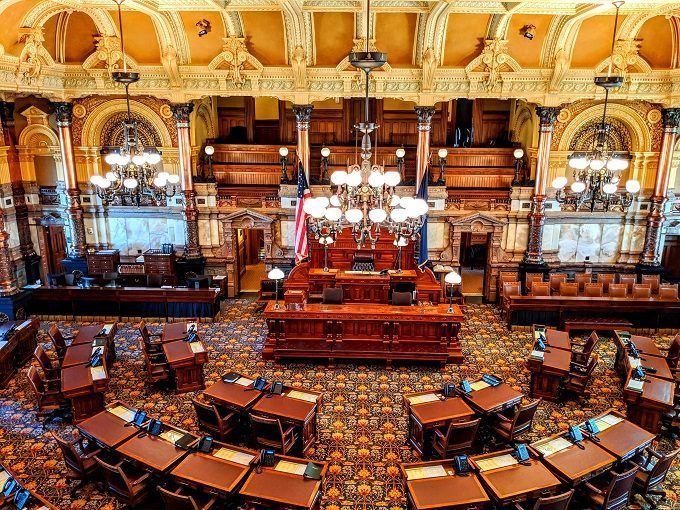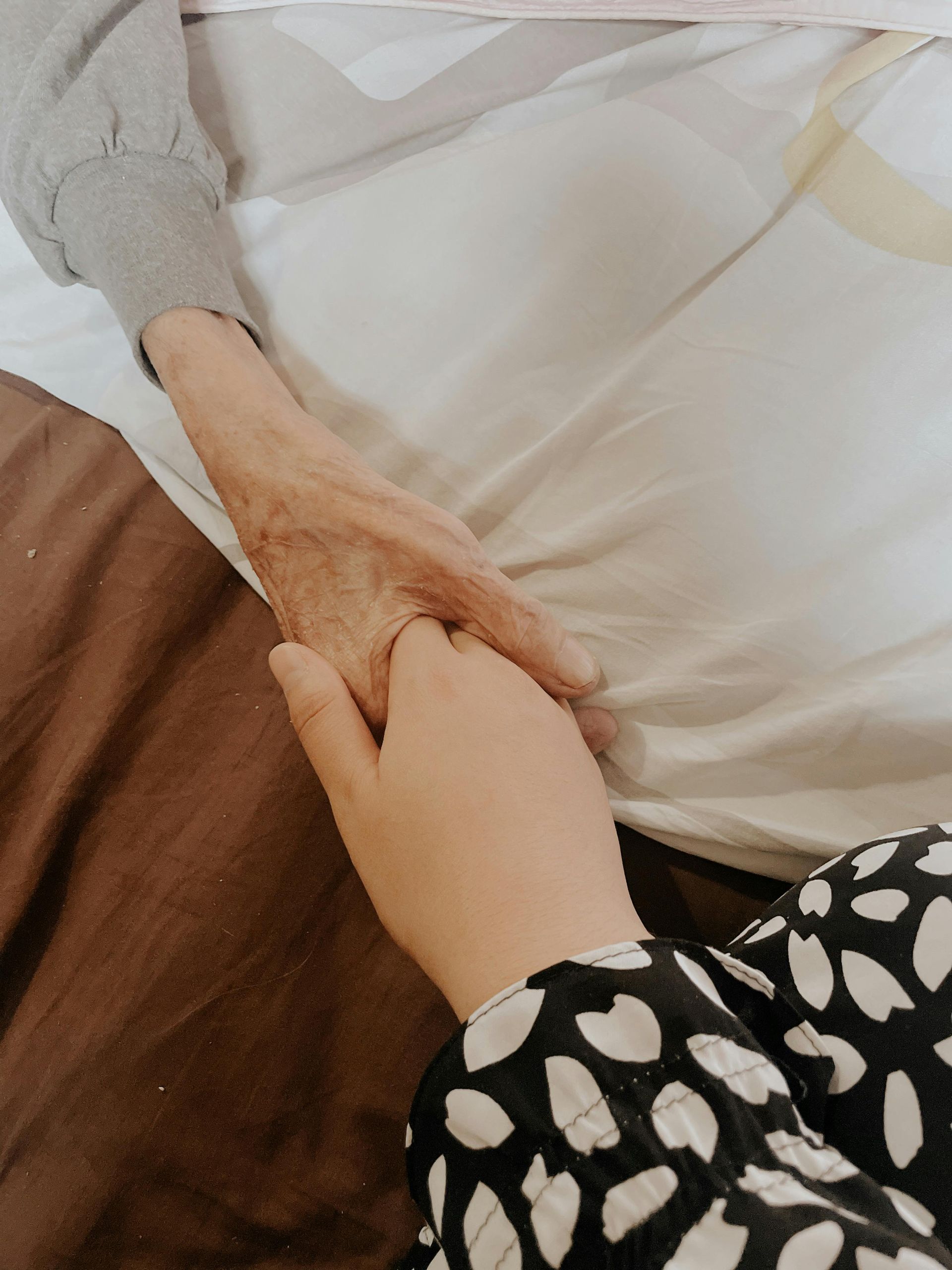Advocacy in Action (May 2024): Nursing Home Minimum Staffing Rule
Recently, we have been disheartened by legislative actions that undermine efforts to improve staffing standards in nursing homes, particularly in Kansas. H.R. 5796, co-sponsored by Representatives Tracey Mann, Jake LaTurner, and Ron Estes, seeks to disapprove a federal staffing standard minimum rule that would greatly benefit residents of nursing facilities. Similarly, S.3410, co-sponsored by Senators Roger Marshall and Jerry Moran, aims to address the same issue in the Senate. If passed, these legislations would prohibit the Secretary of Health and Human Services from implementing the final settings rule for minimum staffing in nursing facilities.
The Nursing Home Minimum Staffing Rule finalized on April 22nd will require all nursing homes that receive federal funding through Medicare and Medicaid to have 3.48 hours per resident per day (hprd) of total staffing, including a defined number from both registered nurses (0.55 hprd) and nurse aides (2.45 hprd). It will also require facilities to have a registered nurse onsite 24 hours a day, seven days a week.
At the heart of this issue is the need for adequate staffing levels in nursing homes. Research consistently shows that higher staff-to-resident ratios lead to better outcomes for residents, including reduced rates of infections, fewer falls, and improved overall quality of life. By opposing the implementation of a federal staffing standard minimum rule, these legislators are failing to prioritize the well-being of vulnerable older adults in Kansas and across the nation.
Additionally, it's disappointing to see the nursing home industry diverting attention away from the real issue at hand. Instead of lobbying against essential staffing regulations, they should be directing their efforts towards hiring and retaining qualified staff, ensuring fair wages, and creating supportive work environments. Working in a nursing facility is a skilled job that deserves respect, and addressing the staff shortage requires dedicated time and attention.
However, amidst these challenges, we find hope in the actions of the Biden administration and advocacy organizations who have pushed for measures to improve staffing standards in nursing homes. We applaud their commitment to addressing this critical issue and urge them to continue their efforts.
In Kansas, the Medicaid program spends $95,000-$108,000 annually per resident for often sub-standard care. The state allocates approximately $862 million to long-term care facilities, yet Kansas ranks 46th in addressing the shortage of nurses and nurse aides. Taxpayers deserve greater value for their money, and older Kansans deserve improved long-term care options given the consistently poor performance of many in this industry.
We cannot afford to ignore this problem any longer. To effectively address the staffing shortage problem in Kansas, we must also look to other states for guidance and best practices. By learning from successful initiatives implemented elsewhere, we can tailor solutions to suit the unique needs of our state's long-term care facilities. Furthermore, it's crucial to foster a collaborative effort that includes the voices of long-term care residents and staff in these discussions. By actively involving those directly impacted by staffing challenges, we can develop more comprehensive and effective strategies to ensure quality care for all individuals in nursing homes.
We encourage our readers to act. Contact your Kansas Congressional delegates and share your stories about why staffing is critical to improving quality metrics across the board.
Your voices matter, and together, we can make a difference in the lives of countless individuals in long-term care facilities.






